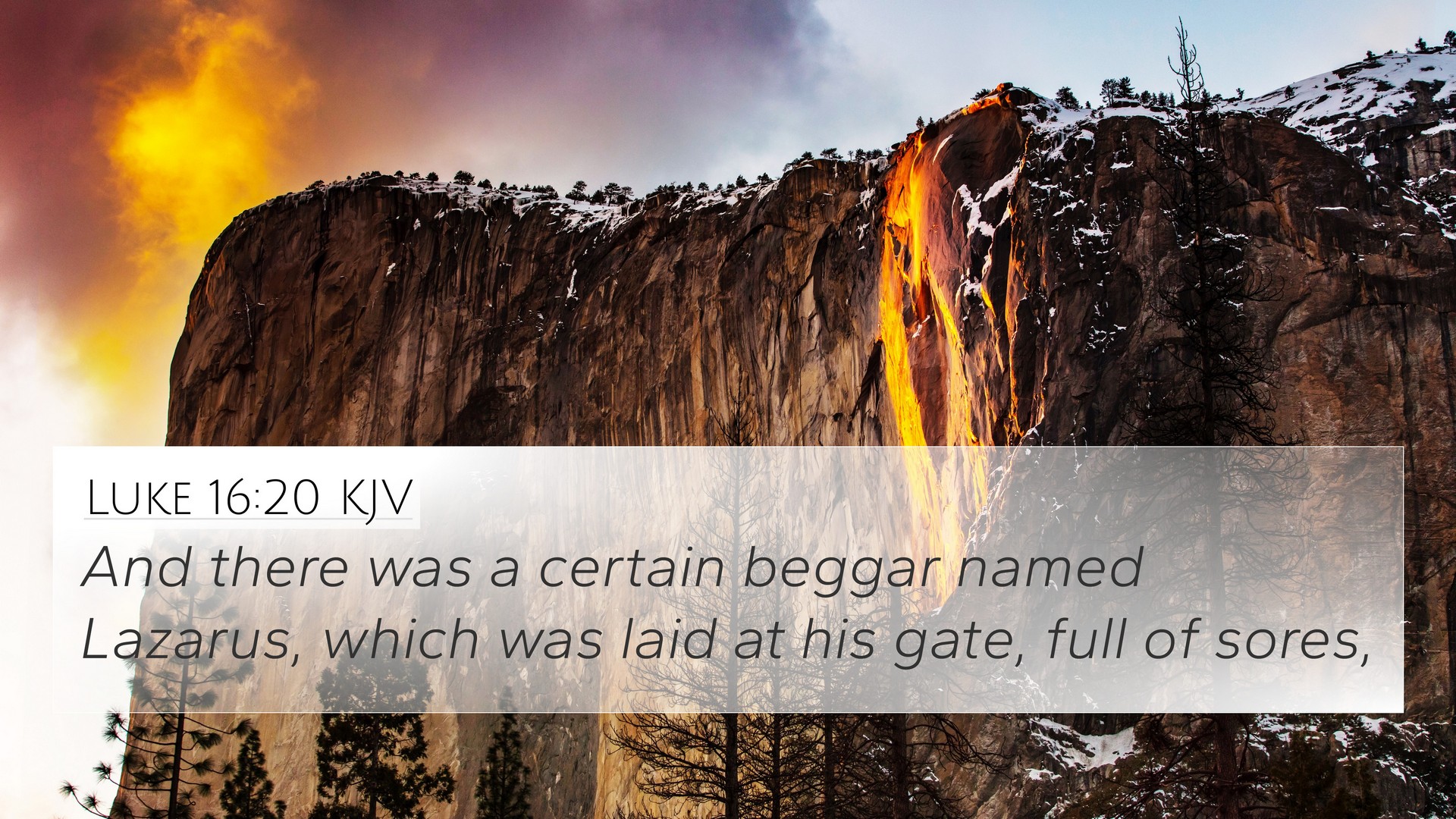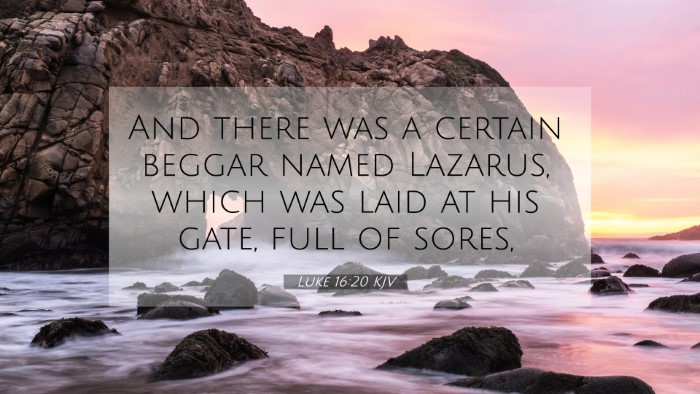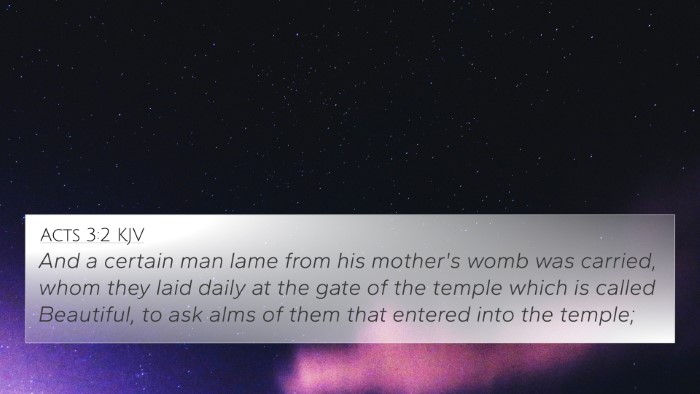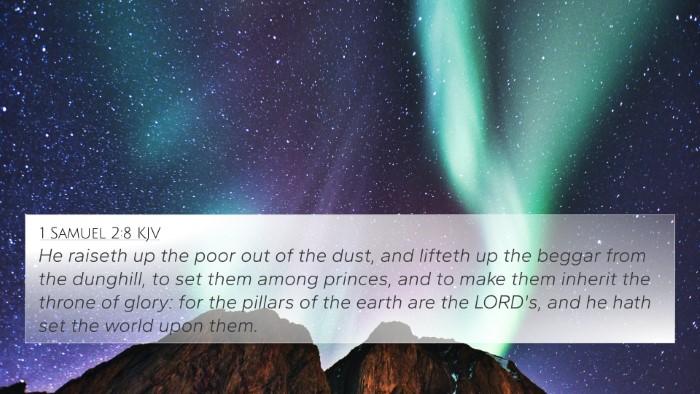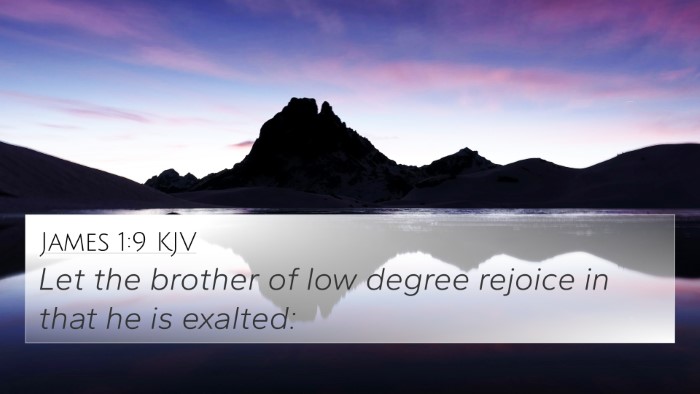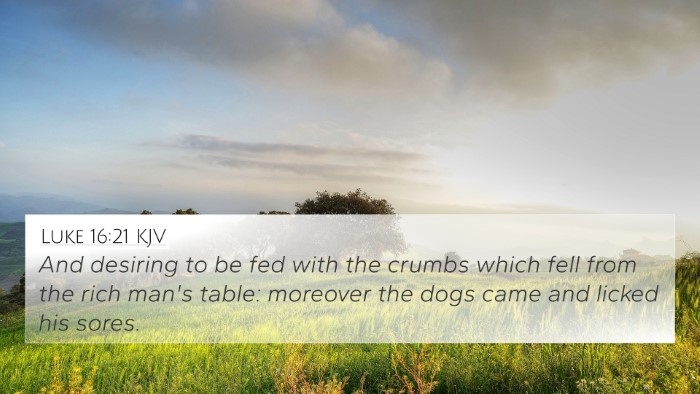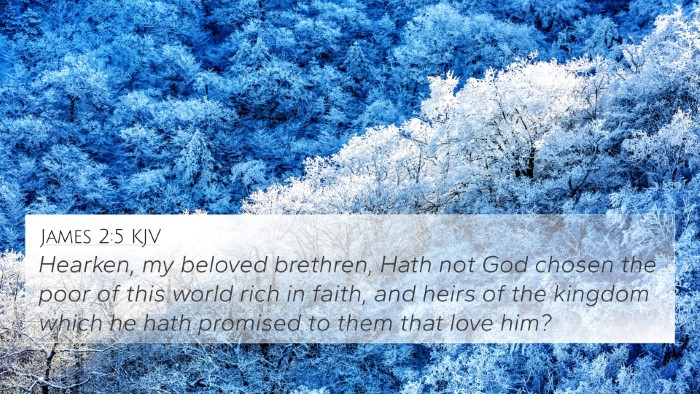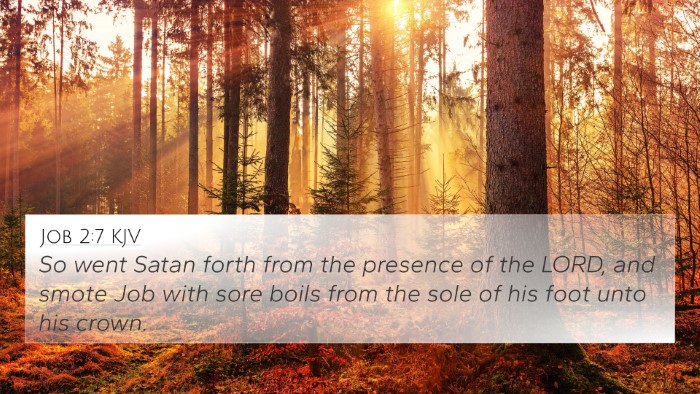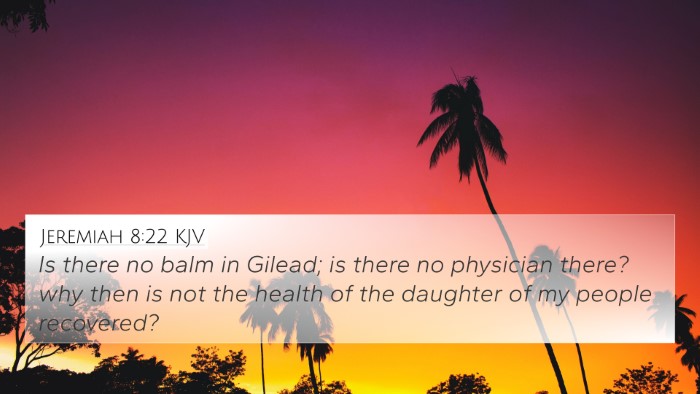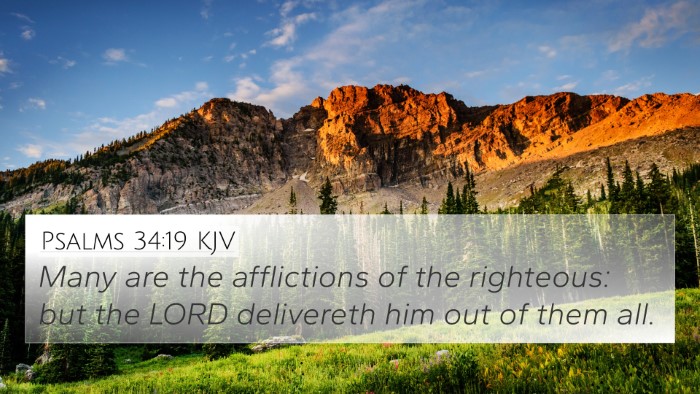Luke 16:20 states, "And there was a certain beggar named Lazarus, which was laid at his gate, full of sores." This remarkable verse introduces the character of Lazarus, a beggar who is marginalized in society, setting the stage for profound teachings on wealth, compassion, and the afterlife.
Summary and Interpretation
This verse serves multiple purposes in the context of Jesus' parable of the rich man and Lazarus. It underscores the stark contrast between the lives of the wealthy and the needy, illustrating the spiritual lessons Jesus wanted to convey.
Matthew Henry's Commentary emphasizes that the description of Lazarus is a call to recognize the plight of those who suffer. Henry points out that Lazarus represents a broader truth about human suffering and societal neglect. We learn from this parable that material wealth is not an assurance of God's favor, while poverty does not equate to divine disfavor.
Albert Barnes' Notes observe that the name "Lazarus," which means "God is my help," highlights the hope and divine assistance that the beggar represents, despite his afflictions. Barnes also likens the beggar to the faithful who endure trials patiently, leading to divine rewards in the afterlife.
Adam Clarke's Commentary further illustrates that Lazarus was laid at the gate, showing the passive nature of the poor man's existence, unable to improve his condition without help from others. Clarke also suggests that this setting foreshadows the fate of both characters once they pass from this life.
Thematic Bible Verse Connections
This verse invites a deeper analysis through scriptural cross-referencing. Below are some key connections:
- Proverbs 19:17: "He who is generous to the poor lends to the Lord, and he will repay him for his deed." This verse emphasizes a divine promise associated with caring for the needy, resonating with the plight of Lazarus.
- James 2:5: "Listen, my beloved brothers, has not God chosen those who are poor in the world to be rich in faith and heirs of the kingdom?" This verse similarly highlights the nobility and value of the poor in God’s eyes.
- Luke 14:13-14: "But when you give a feast, invite the poor, the crippled, the lame, and the blind...and you will be blessed, because they cannot repay you." A call to actively engage with the marginalized, mirroring Lazarus's reality.
- Matthew 25:40: "And the King will answer them, 'Truly, I say to you, as you did it to one of the least of these my brothers, you did it to me.'" This reinforces the importance of serving the needy.
- Revelation 21:4: "He will wipe away every tear from their eyes, and death shall be no more." This indicates the hope for the suffering to receive ultimate comfort in eternity, as Lazarus does posthumously in the parable.
- 2 Corinthians 8:9: "For you know the grace of our Lord Jesus Christ, that though he was rich, yet for your sake he became poor, so that you by his poverty might become rich." This verse draws a parallel between Christ's humility and the condition of Lazarus.
- 1 Timothy 6:9-10: "But those who desire to be rich fall into temptation...For the love of money is a root of all kinds of evils." This speaks to the dangers of wealth, which is exemplified by the rich man in the parable.
- Luke 6:20: "Blessed are you who are poor, for yours is the kingdom of God." This beatitude resonates deeply with the narrative of Lazarus, portraying his ultimate blessedness despite his earthly suffering.
- Psalm 41:1: "Blessed is the one who considers the poor! In the day of trouble the Lord delivers him." This speaks to God's favor upon those who help those in need, further underlining the lessons of the parable.
Comparative Bible Verse Analysis
In comparing Luke 16:20 with other verses that emphasize the treatment of the poor, we see a thematic unity across both Old and New Testaments. The consistent message is that our treatment of the marginalized reflects our relationship with God. Connecting the narratives of this parable with teachings from other parts of Scripture enhances our understanding of the importance of compassion and stewardship.
Tools for Bible Cross-Referencing
When seeking to understand the interconnectedness of Bible verses, a Bible concordance can be an invaluable resource. Such tools help uncover links between texts, enabling a comprehensive Bible cross-reference approach for deeper insights.
As we reflect on Luke 16:20, we are encouraged to engage with Biblical texts on a deeper level. By identifying connections between Bible verses, believers can see the broader narrative of Scripture, which invites us to act justly and to love mercy, following Christ’s example in serving others.
